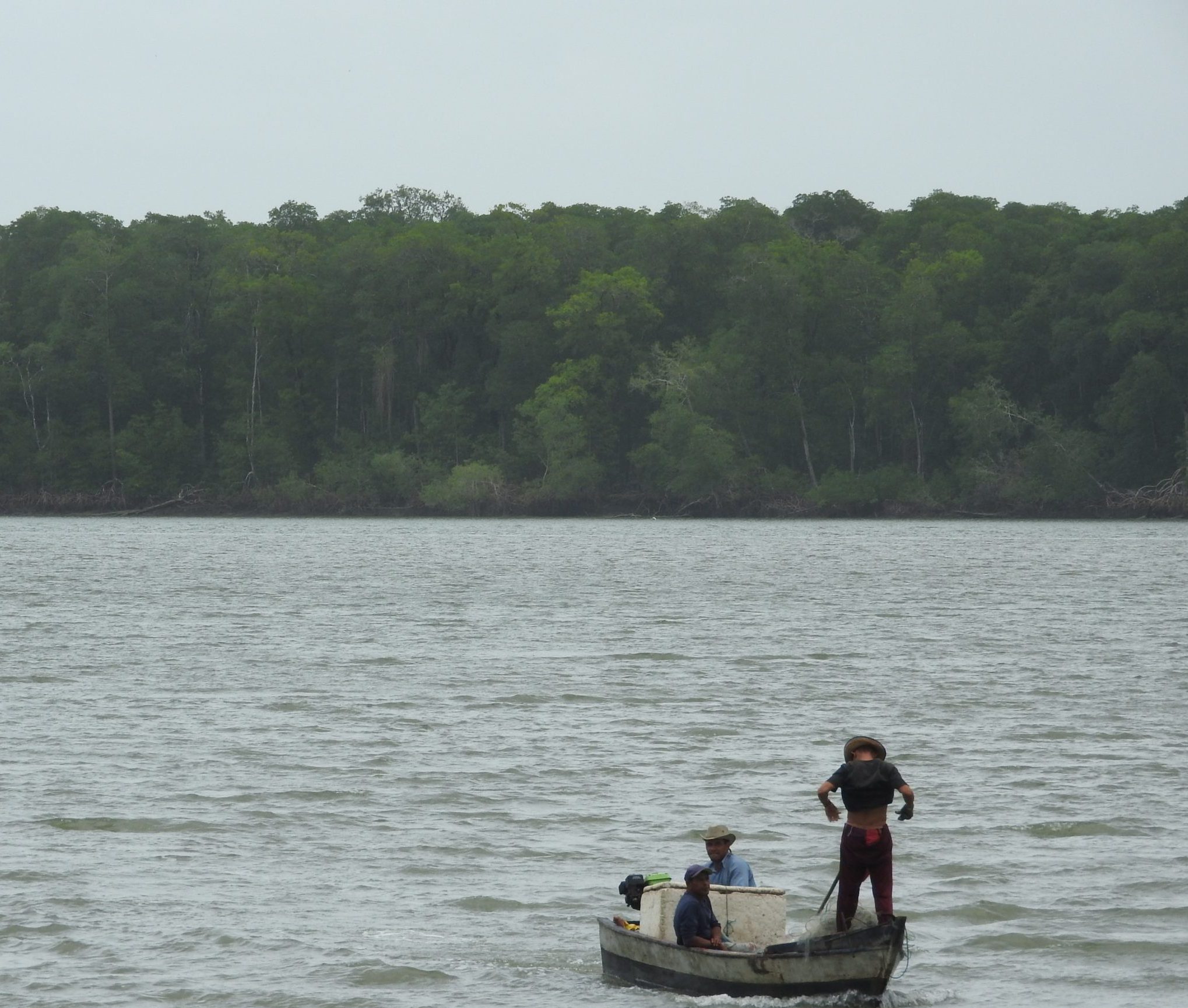Imperial Tides in Afro-Indigenous Rivers: Cultivating Place, Race, and Ethnicity in the Atlantic Amazon (1755-1850)
Manoel Domingos Farias Rendeiro Neto
History
UC Davis
My dissertation, “Imperial Tides in Afro-Indigenous Rivers: Cultivating Place, Race, and Ethnicity in the Atlantic Amazon (1755-1850),” centers the role of environmental knowledge on the rise of an Afro-Indigenous Amazon shaped by autonomous territories under the threat of Luso-Brazilian imperial policies focused on agricultural diversification as a civilizing tool to control and exploit skilled labor and environmental knowledge from racialized Indigenous peoples and Afro-descendants during the early modern period and through the early nineteenth century. Across the Luso-Brazilian colony of Grão-Pará in the Amazon rainforest and its coastal Atlantic floodplains, this novel imperial rationale attempted to codify a previously enslaved Indigenous population into a free peasantry, while Afro-Amazonians were doubly restrained by enslavement and the criminalization of mobility options involving marronage. I emphasize how Black and Indigenous communities transformed the Amazon basin into a vast landscape of territorial politics of freedom sustained by their deep environmental knowledge of one of the largest continuous ecologies of rivers, mangroves, and floodplains. This project demonstrates that the rise of early modern statehood was co-constitutive with the categories of place, race, and ethnicity, while also co-dependent and at times entirely subsumed by deep-rooted Afro-Indigenous forms of territorialization.

